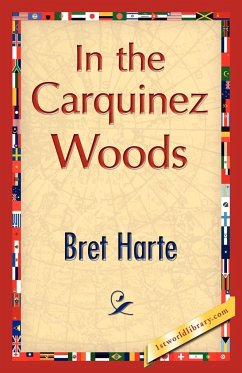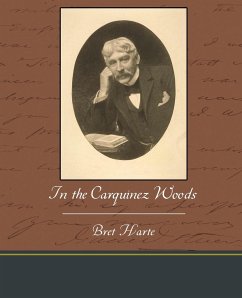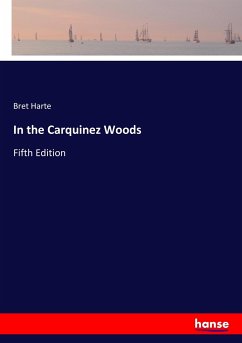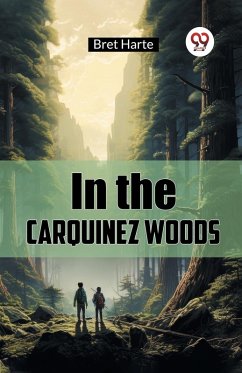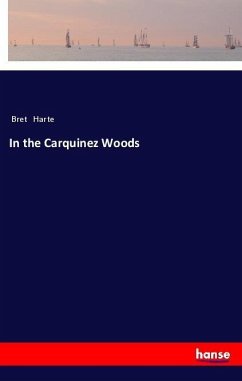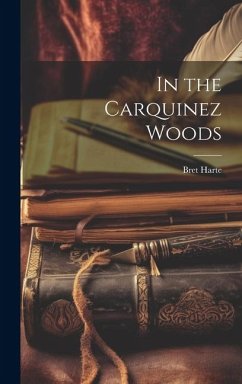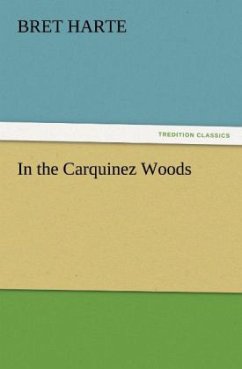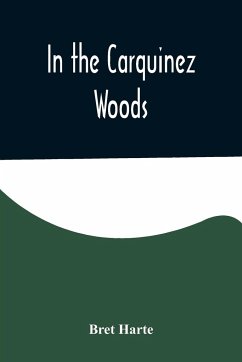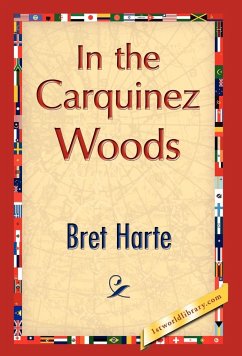
In the Carquinez Woods
Versandkostenfrei!
Versandfertig in über 4 Wochen
25,99 €
inkl. MwSt.

PAYBACK Punkte
13 °P sammeln!
The sun was going down on the Carquinez Woods. The few shafts of sunlight that had pierced their pillared gloom were lost in unfathomable depths, or splintered their ineffectual lances on the enormous trunks of the redwoods. For a time the dull red of their vast columns, and the dull red of their cast-off bark which matted the echoless aisles, still seemed to hold a faint glow of the dying day. But even this soon passed. Light and color fled upwards. The dark interlaced treetops, that had all day made an impenetrable shade, broke into fire here and there; their lost spires glittered, faded, an...
The sun was going down on the Carquinez Woods. The few shafts of sunlight that had pierced their pillared gloom were lost in unfathomable depths, or splintered their ineffectual lances on the enormous trunks of the redwoods. For a time the dull red of their vast columns, and the dull red of their cast-off bark which matted the echoless aisles, still seemed to hold a faint glow of the dying day. But even this soon passed. Light and color fled upwards. The dark interlaced treetops, that had all day made an impenetrable shade, broke into fire here and there; their lost spires glittered, faded, and went utterly out. A weird twilight that did not come from the outer world, but seemed born of the wood itself, slowly filled and possessed the aisles. The straight, tall, colossal trunks rose dimly like columns of upward smoke. The few fallen trees stretched their huge length into obscurity, and seemed to lie on shadowy trestles. The strange breath that filled these mysterious vaults had neither coldness nor moisture; a dry, fragrant dust arose from the noiseless foot that trod their bark-strewn floor; the aisles might have been tombs, the fallen trees enormous mummies; the silence the solitude of a forgotten past.



